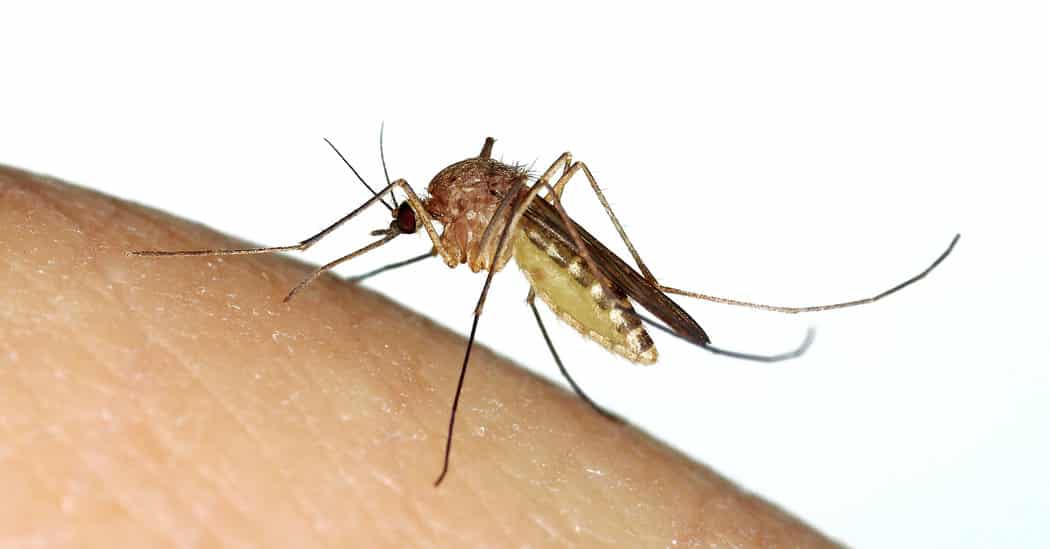he arboviruses that cause dengue, chikungunya, and Zika illnesses have rapidly expanded across the globe in recent years, with large-scale outbreaks.
In March 2016, the Centers for Disease Control and Protection (CDC) expanded its vector surveillance maps for A. aegypti and A. albopictus, the mosquito vectors for these arboviruses. Also, the symptoms of these three mosquito-borne diseases are very similar, which makes the diagnosis more difficult.
Therefore, the FDA, early last year accepted a proposal to introduce genetically modified Aedes aegypti males into the local mosquito population from the biotechnology firm Oxitec.
Why engineered males you ask?
Cause in case of these species, females are the vicious ones. And since the males don’t bite; releasing only males is a way to make sure the release of these insects doesn’t contribute to the spread of disease.
The project undertaken by Oxitec, involves injecting mosquito eggs with DNA that contains lethal genes, then release the genetically modified males from that batch of eggs so they can mate with wild females. And the offspring of these lab-tweaked males and wild females, having inherited the altered DNA, cannot survive to adulthood- thus in ideal circumstances, can suppress the proliferation of mosquitoes and ultimately cut down on the mosquito-borne diseases
.Trials carried out in Brazil, the US, Panama, and India, have demonstrated this approach can eliminate over 90% of mosquitoes, as compared to the 35% achieved by pesticides.
In part because of the public concerns about GMOs, Oxitec’s venture has taken flight slowly. The FDA approval for the investigational trial took nearly five years, and now, finally has been concluded that the release of the mosquitoes would not pose any risks to human health and the environment according to a report published late last week by The National Institute of Public Health and the Environment (RIVM).
Despite Oxitec’s clear go ahead being granted, there are still regulatory authorities worldwide are not prepared to deal with the completely new technology of genetically engineered insects.
“The challenges are huge, really,” says Hadyn Parry, CEO of Oxitec. “We’re always the first in any country in the world to say: Can we release genetically engineered mosquitoes?”
Update: Oxitec’s Friendly™ Aedes Mosquito Receives a Go-Ahead From France’s High Council for Biotechnology
Oxitec’s GM mosquito which had received a nod of approval from The National Institute of Public Health and the Environment (RIVM) in the Netherlands late last week, has now also gained backing by France’s High Council for Biotechnology (HCB). Its supportive stance follows the emergence of mosquito-borne diseases in French overseas territories and perceived threats to metropolitan France. The HCB opinion will help shape the policy landscape in France towards the deployment of new tools for vector control, in addtition to being a positive step towards advancing Oxitec vector control projects in the French Caribbean. This backing reinforces the affirmative biosafety profile of Oxitec’s self-limiting technology.



























